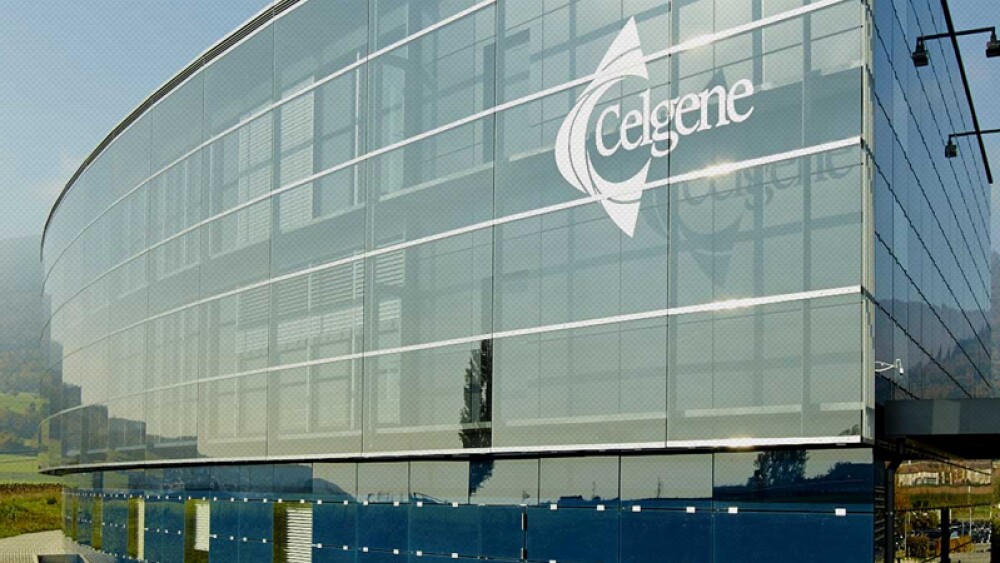September 30, 2016
By Mark Terry, BioSpace.com Breaking News Staff
Summit, NJ – Celgene has made a deal to buy Swiss-based EngMab for $600 million.
EngMab is focused on bispecific antibodies that are covalent to BCMA and CD3. BCMA is an area that Celgene is already involved in. In June 2015, it amended a development deal with bluebird bio to focus on B-cell maturation antigen (BCMA) as a part of its ongoing collaboration. BCMA is a protein on the cell surface that is expressed in normal plasma cells as well as in most multiple myeloma cells, but is not expressed in other normal tissues.
“B-cell maturation antigen (BCMA) is highly and selectively expressed on the surface of malignant plasma cells in MM and a target of high value for immune based therapies such as re-engineered autologous T-CAR-T and the re-direction of CD4+ and CD8+ T lymphocytes via anti-CD3 bispecific antibodies,” a Celgene spokesperson told John Carroll with Endpoints.
The spokesperson went on to say, “We see both this and the bluebird BCMA platform as highly complementary with the potential to be curative. In addition to mono-therapy in Myeloma patients, both platforms provide the opportunity for rational combination therapies with CELMods and Checkpoint inhibitors in order to further improve treatment efficacy, as well as clinical development in other BCMA expressing B-cell malignancies such as lymphoma.”
Just yesterday, it was reported that Celgene is exercising an option with San Diego, California-based Abide Therapeutics for ABX-1431, a first-in-class endocannabinoid system modulator for multiple sclerosis.
“Pain, sleep deficit—there are no real treatments for those MS symptoms,” said Alan Ezekowitz to FierceBiotech. Ezekowitz is Abide’s president and chief executive officer. “Treatments that modify MS still leave those symptoms and deficits. Given Celgene’s interest now in neurology, and particularly in MS, this is a very good fit for both of us.”
And earlier in the month, Celgene was reviewing a New Drug Application (NDA) with its collaboration partner, Cambridge, Massachusetts-based Agios Pharmaceuticals . That NDA is for an inhibitor of mutant isocitrate dehydrogenase-s (IDH2) in relapsed and/or refractory acute myeloid leukemia (AML).
Celgene also has deals with Juno Therapeutics and AstraZeneca .
Celgene has been identified as one of several biotech companies whose stock is running a little low, but is likely to explode. Its sales of Revlimid jumped 18 percent in the second quarter to $1.8 billion, Pomalyst/Imnovid sales were up 35 percent to $318 million for the quarter, and Abraxane rose 2 percent to a second quarter figure of $249 million. Its Otezla sales jumped 170 percent year-over-year to $242 million for the second quarter.
In an August 16 article, Sean Williams, writing for The Motley Fool, said, “One of the best aspects of Celgene is that it offers some of the most robust organic growth prospects in the industry. … Celgene can also turn to M&A and collaborations as a way to boost growth. The company’s $7.2 billion purchase of Receptos in 2015 allowed Celgene to get hold of ozanimod, an experimental drug designed to treat multiple sclerosis and ulcerative colitis. … Celgene’s 30+ collaborations are nothing to sneeze at, either.”
Celgene is currently trading for $104.77.





